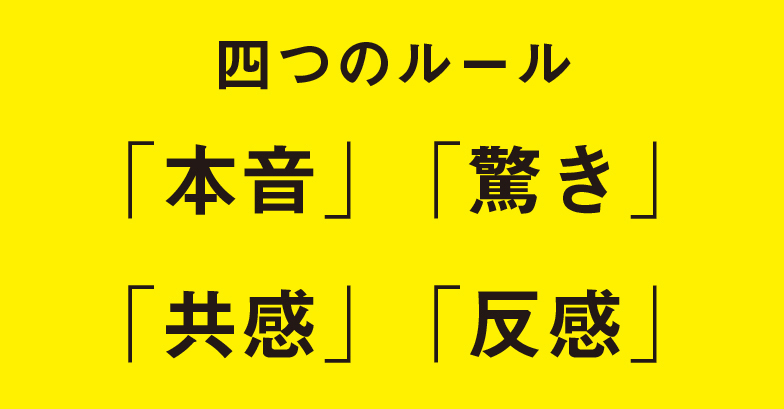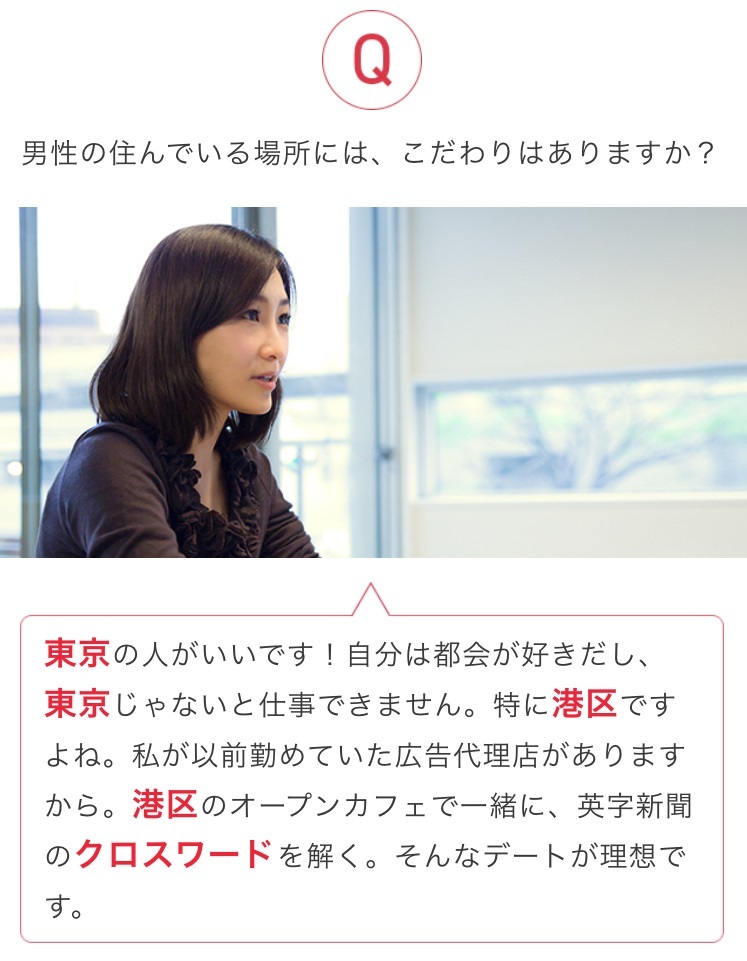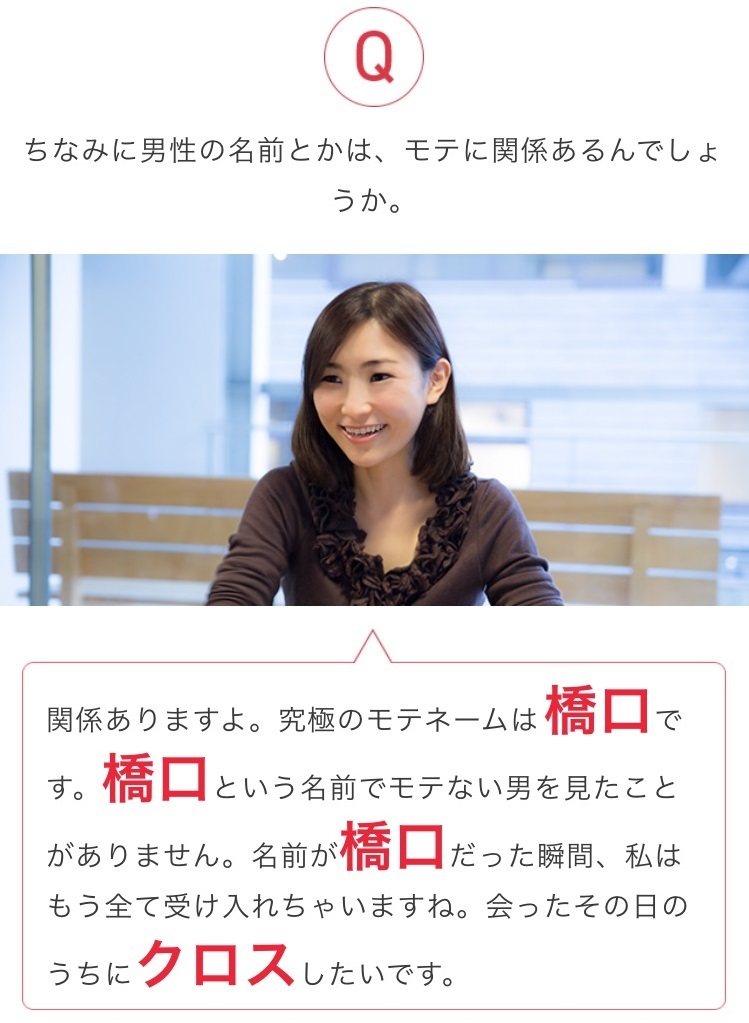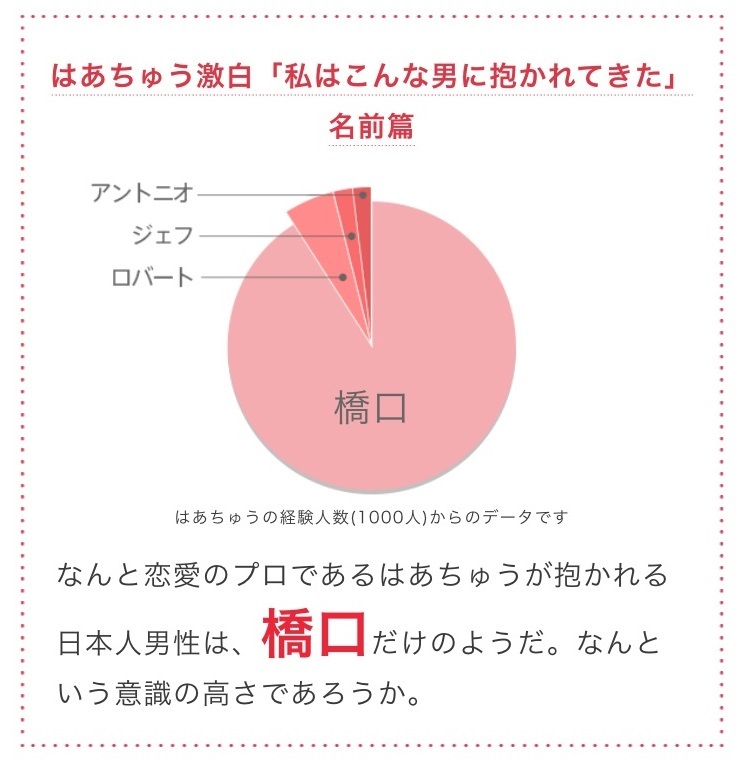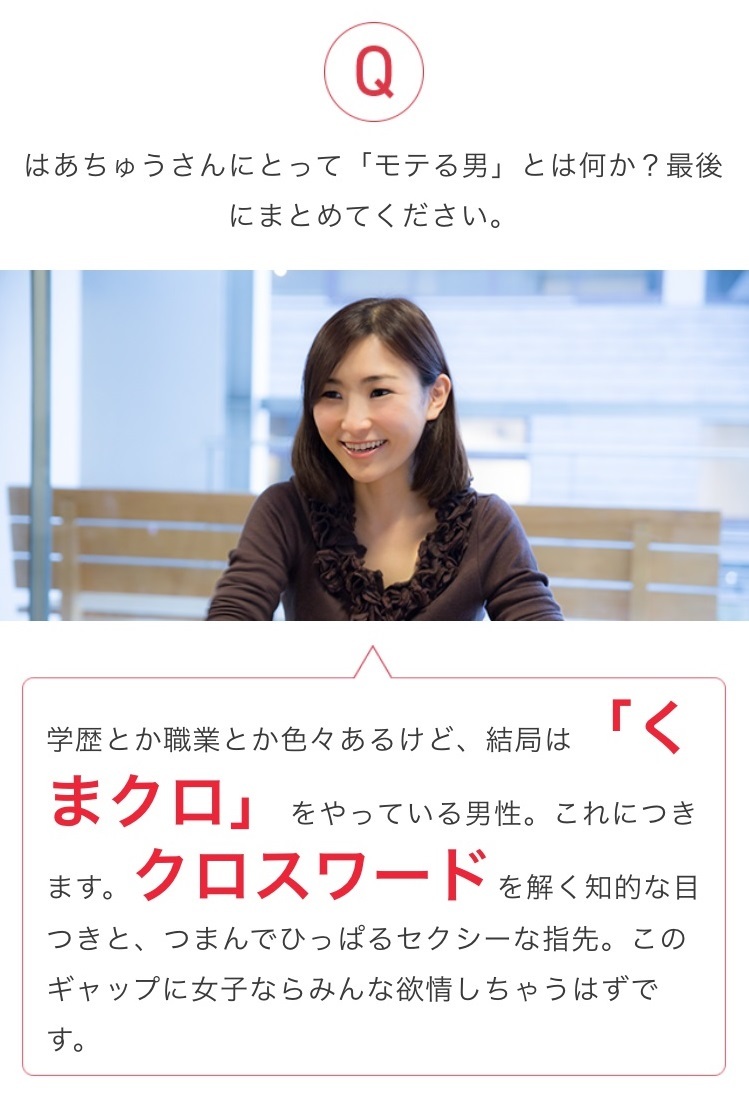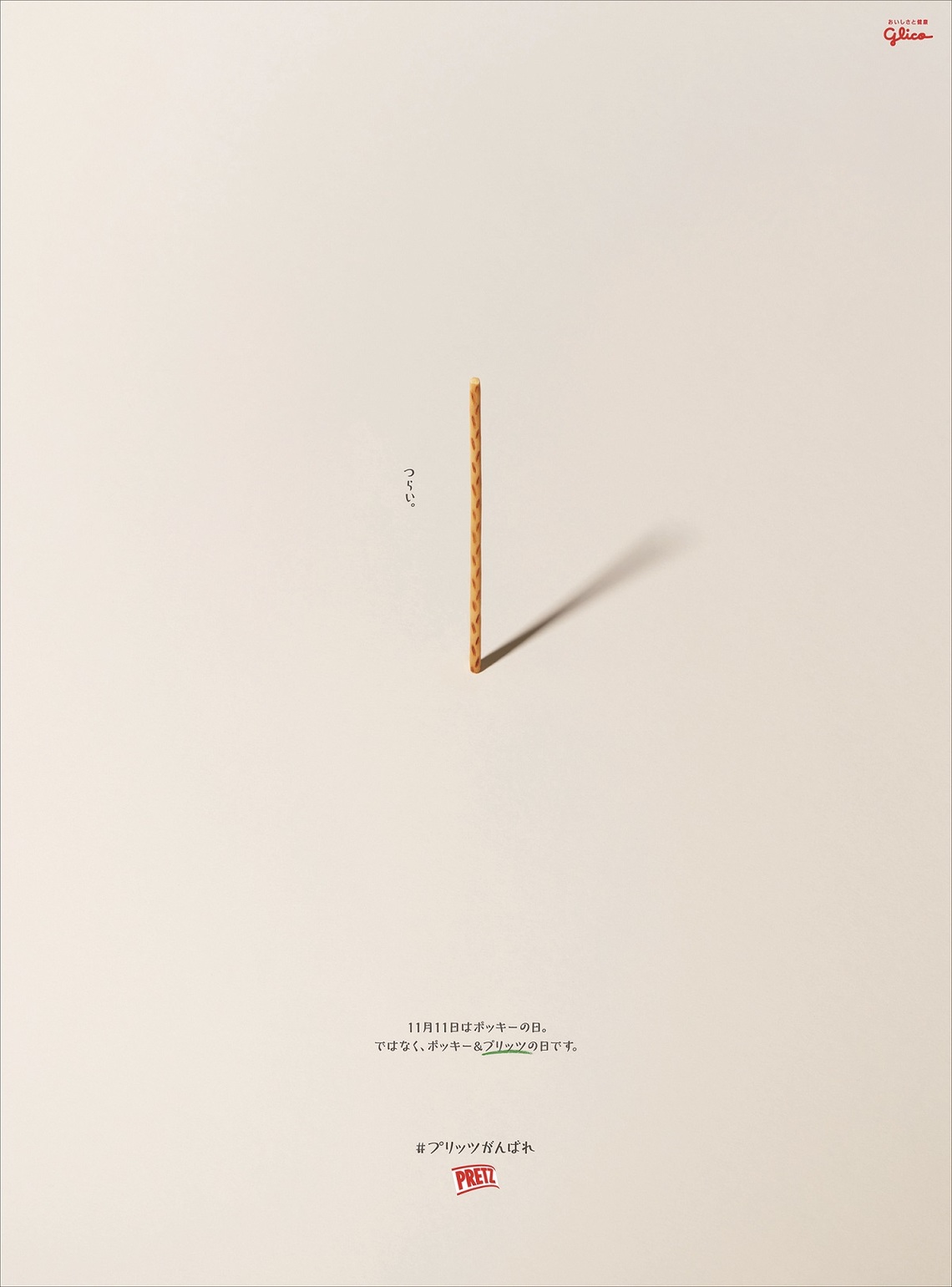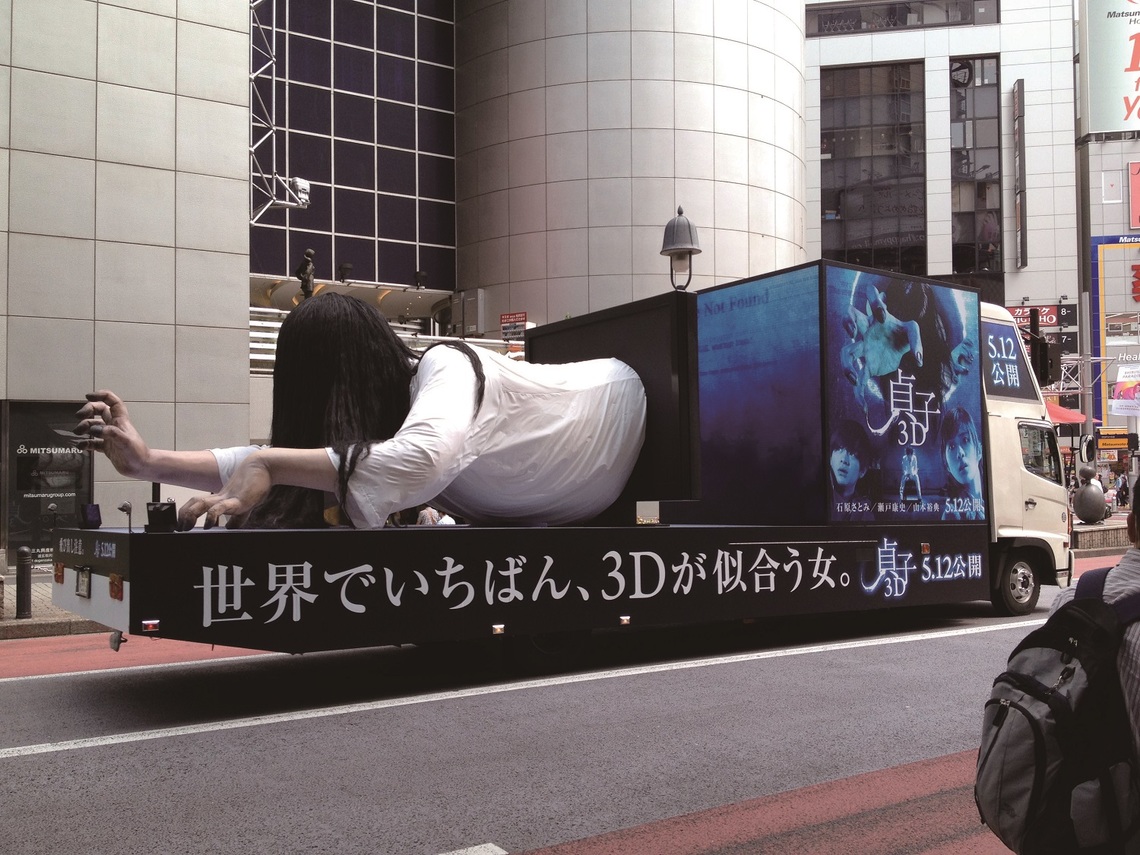Hello, I'm Yukio Hashiguchi, a copywriter. This series introduces content from my book, "Copy That Gets Shared a Million Times." Copy shared online can be categorized into four types: " Honest Feelings, " "Surprise," "Empathy," and "Resentment." This time, I'd like to write about "Resentment." I'll also summarize all four rules at the end.
In the previous article, I explained that bringing latent emotions to the surface creates "empathy." It's that feeling where you can't help but nod in agreement, thinking "That's so true!" However, not all "empathy" is something we can readily welcome.
For example, when you were a kid, didn't you ever get scolded by your parents to "Hurry up and do your homework!" and blurt out, "I was just about to do it!"? When you're vaguely aware you should start homework soon, but someone points it out in a condescending way, it makes you resentful and annoyed, right? Then the next day at school, you chat with friends about "My parents are so annoying..." and you empathize with each other. Empathy and resentment aren't opposites; they're two sides of the same emotion.
"This is outrageous! Everyone, look at this!" You passionately share it with those around you. This is the fourth rule we'll explain: "Resentment." I believe the people most skilled at this technique right now are popular bloggers. Let's explain using an actual case study featuring a popular blogger.
"Guys Like This Are Definitely Popular! by Haachu" (Kumakuro/SCRAP/2015)
Blogger and author Haachu has sparked numerous viral buzz by provoking strong opinions. The website "This Guy Will Definitely Be Popular!"* was created featuring her. It reads your Facebook profile and generates a fictional interview article where Haachu raves about how popular you are. For example, it looks like this (please visit and try it yourself).
※http://mote.kumakuro.jp/
...In this manner, Haachu lavishes praise based on every piece of profile information, from "address" to "name" (if accessed by a woman, it becomes "This Woman is Definitely Popular!").
With unique copy set for all 23 Tokyo wards and all 47 prefectures, it can theoretically generate 130,000 interview patterns. After launch, it recorded 150,000 page views on the first day and 270,000 page views within four days.
The interview concludes with the revelation that "the most popular people are those playing the crossword RPG 'Kumakuro'," clearly positioning it as an app advertisement.
When aiming for shares, I believe the appeal point of an ad should be chosen not simply as "the good points of the product," but rather from the perspective of "the good points of the product that are most likely to spark conversation."
This is the final installment of the series "Copy That Gets Shared a Million Times." Let's summarize the "Four Rules" of web copy introduced so far.
Rule 1: "Authenticity"
Social media is a space where people put on a facade of being socially active. That's why genuine feelings stand out.
Example: Pretz "It's tough"
Rule 2: "Surprise"
Surprise → Payoff → Share
Example: Sadako 3D "The woman who suits 3D best in the world."
Surprise → No Retraction → Reaction (Share)
Example: Ishida Mitsunari CM
Rule 3: "Empathy"
Social media is like an after-school classroom.
Personal empathy leads to massive buzz.
Example: Keio-Waseda Rivalry Match Poster
Rule 4: "Resentment"
Empathy and backlash are two sides of the same emotional coin.
Example: "This Guy Will Definitely Be Popular!" by Haachu
In planning meetings or presentations, discussions often turn to "How can we create buzz?" A common mistake is to "analyze the strengths and weaknesses of each idea." Such discussions tend to devolve into personal preferences. If buzz is the goal, ideas should be evaluated not by vague terms like "strengths and weaknesses," but by the single criterion: "Will it go viral?" Beyond the four rules covered in this series, people likely have various other evaluation criteria. Regardless of the situation, the mindset of "judging by rules, not personal likes or dislikes" is essential not just for copywriters, but for everyone involved in planning.
The book 'Copy That Gets Shared a Million Times ' covers various case studies not featured in this series, along with key points for preventing backlash. If you're interested, I encourage you to take a look.
Thank you for following this five-part series!

